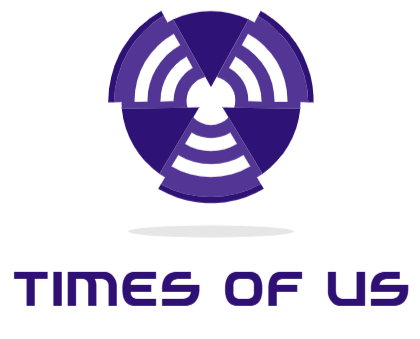A positive safety culture exists when individual and organizational decisions are driven by the shared goal of recognizing and reducing risk to prevent patient harm and when there is shared accountability for the outcomes. This results in optimized workflow, fair treatment of employees, and improved patient outcomes. This article highlights two inter-related cultures within the overall safety culture: a Just Culture and a Reporting Culture.
A Just Culture: Holding individuals and the system accountable
A Just culture acknowledges that errors occur in any system in which humans work and strives to treat employees fairly and respectfully. It holds the employee and the system accountable. Pharmacies with a Just culture will evaluate quality-related events (QREs) by looking at both human behaviors and system performance factors. A fair analysis will attribute the cause to: 1) simple human error, 2) risky behaviors, or 3) reckless behaviors. Human errors are primarily managed by consoling the employee. Risky behaviors are managed by coaching the employee to make safer choices and addresses the employee’s perception of risk of those behaviors. Reckless behaviors are knowingly harmful actions; primarily managed by discipline. System performance factors are also evaluated for their contribution to the quality-related event.












